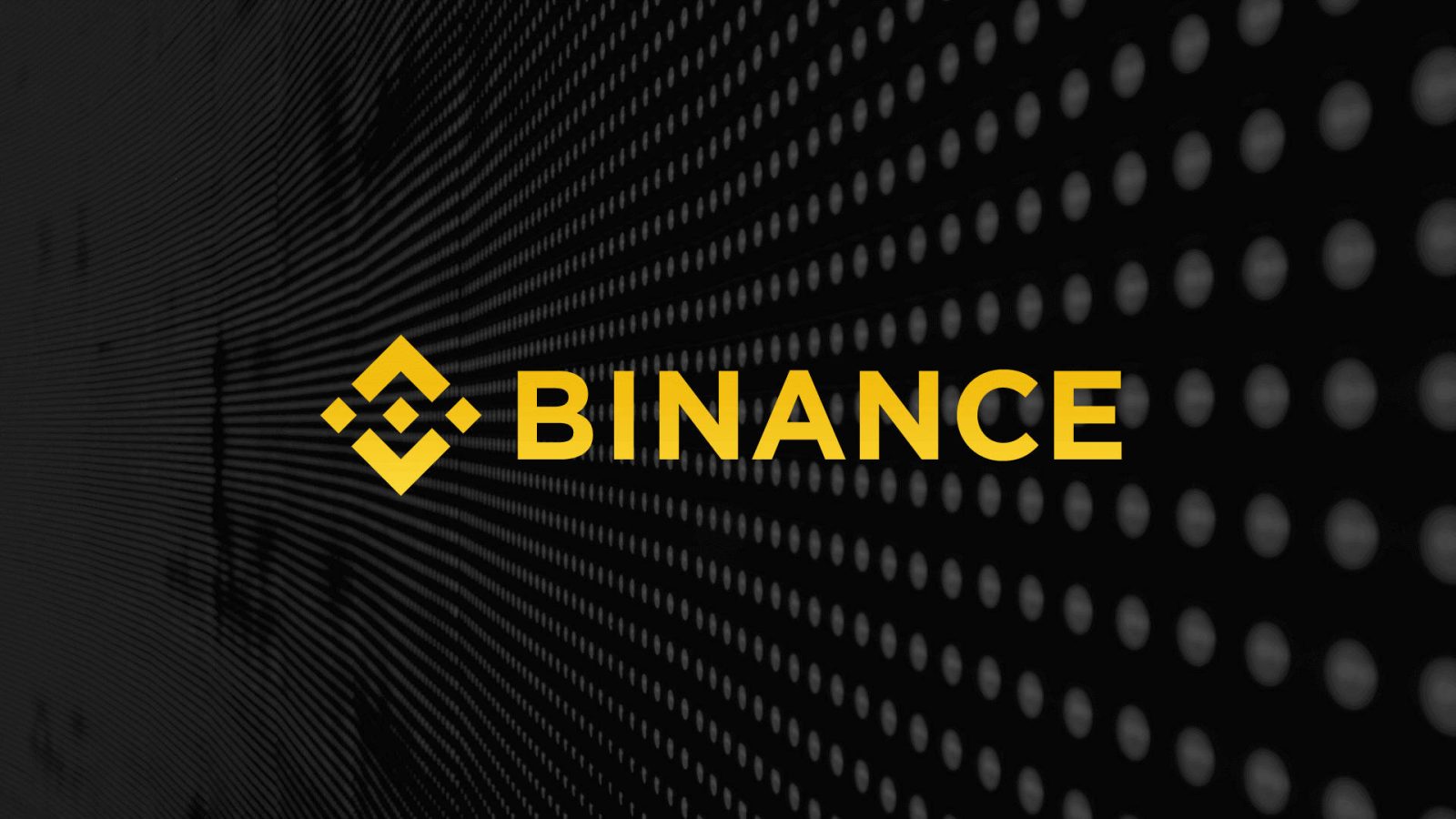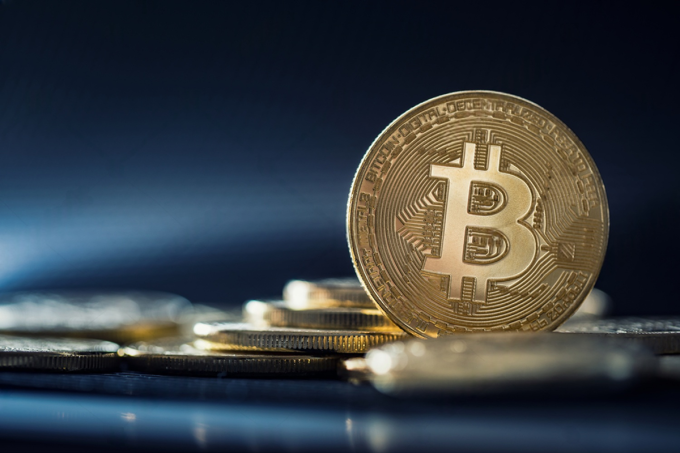Exchange Moves to Restore Trust Following wBETH, BNSOL, and USDe Turmoil
Binance, the world’s largest cryptocurrency exchange, has pledged to compensate users impacted by the sudden crash in several wrapped tokens, including wBETH, BNSOL, and Ethena’s USDe, after technical failures disrupted market operations over the weekend.
According to the exchange, a temporary infrastructure malfunction hindered market makers’ ability to maintain price parity between wrapped assets and their underlying tokens, causing sharp depegging events and triggering widespread volatility across decentralized finance (DeFi) trading pairs.
Infrastructure Failure and Market Impact
The incident unfolded during peak weekend trading hours, when Binance’s token wrapping and price feed infrastructure reportedly “buckled under extreme load.”
As a result, liquidity providers were unable to rebalance pools effectively, sending the price of wBETH (wrapped staked Ether) and BNSOL (wrapped Solana) plunging by as much as 20% from their normal parity levels.
Ethena’s synthetic dollar token, USDe, also suffered temporary instability as arbitrage mechanisms failed to operate efficiently. The breakdown prompted frustration among traders who relied on these assets for staking strategies and collateralized DeFi positions.
A Binance spokesperson confirmed the exchange had identified the root cause and would reimburse affected users based on “verified net losses” during the incident window. “User protection remains our top priority,” the company stated. “We are implementing additional system safeguards to prevent future disruptions.”
Market Reaction: Volatility and Trust Concerns
The disruption triggered short-term turbulence across several DeFi ecosystems, with wrapped token liquidity pools on platforms such as Curve and Balancer temporarily destabilized. Analysts noted that while prices have largely recovered, confidence in synthetic and derivative token reliability has been dented.
“Wrapped assets are critical for cross-chain liquidity,” said a DeFi strategist at Investcoin Analytics. “When a major venue like Binance experiences a breakdown, it creates a chain reaction — not just financially, but psychologically. Traders start questioning counterparty resilience in the entire system.”
Despite the scare, Bitcoin and Ethereum remained relatively stable, suggesting the issue was largely contained within DeFi-linked assets rather than spilling into the broader crypto market.
Regulatory and Structural Implications
Industry observers say the incident underscores the growing systemic importance of wrapped tokens — assets that represent one crypto locked or staked on another chain.
Regulators may view the event as evidence of operational risk in the DeFi-to-CeFi (centralized finance) bridge, particularly when centralized infrastructure supports decentralized assets.
Binance said it will review its token wrapping mechanisms, including backup price feeds and automated liquidity fail-safes. The exchange’s quick response helped prevent prolonged losses, but analysts warn that rebuilding trust will take more than compensation.
Forward View: Stability Before Expansion
As Binance moves to compensate affected users and reinforce its technical architecture, the episode serves as a reminder that DeFi’s efficiency still hinges on centralized reliability.
While innovation continues to blur the line between CeFi and DeFi, stability — not expansion — remains the immediate priority for global exchanges and liquidity providers.
Comparison, examination, and analysis between investment houses
Leave your details, and an expert from our team will get back to you as soon as possible













https://shorturl.fm/zJzAt